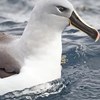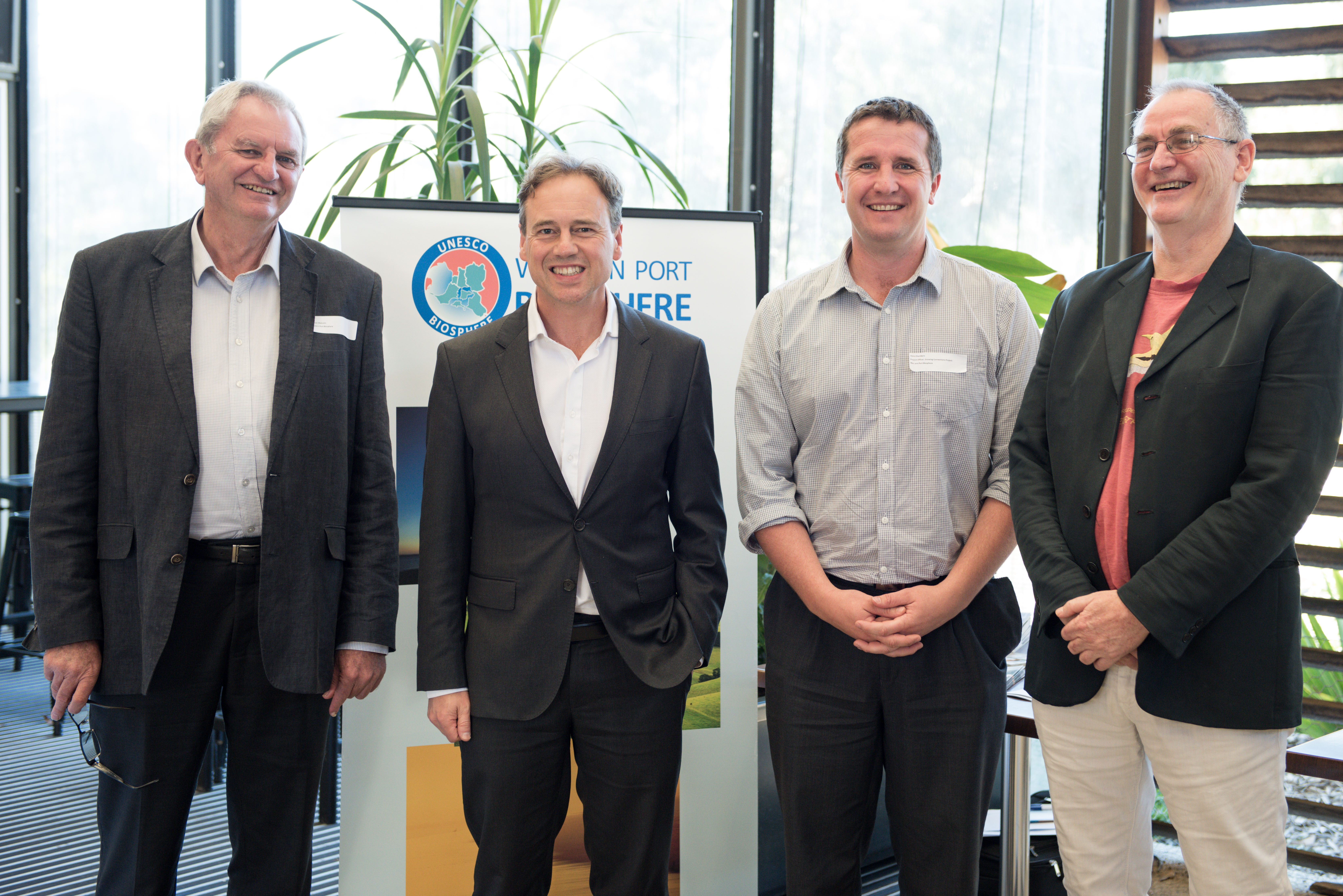
Reflections on loss
Thursday, 09 June 2016After years of hard work and dedication, often for apparently little recognition or reward, sometimes communities need to get together to remind themselves of the reasons why they are doing what they do and why it’s so important.
Theme 2 leader Professor John Woinarski offered attendees of The Western Port Biosphere’s second annual Biodiversity Forum such a reminder during his keynote speech ‘Reflections on the ongoing loss of our nature, of life’ at the Royal Botanic Gardens Cranbourne.
Addressing an audience that included the Federal Minister for the Environment Greg Hunt, representatives from numerous local councils, park rangers, Landcare members and community groups, Professor Woinarski adopted a philosophical approach in his presentation, linking engagement with nature to the eternal human quest to decipher the world and our place within it.
“It’s about developing an affinity with the land we are living on, recognising our responsibility for the environment and for species that have been in this country for hundreds-of-thousands, if not millions of years,” Professor Woinarski said.
“It’s about developing an affinity with the land we are living on, recognising our responsibility for the environment and for species that have been in this country for hundreds-of-thousands, if not millions of years,” Professor Woinarski said.
He presented and interpreted results from a series of monitoring studies conducted over the past three decades that reported the drastic reduction in many mammal species in remote northern Australia.
The reductions are particularly concerning given the low density of human populations in the region.
“These results reflect a continuing pattern of rapid and ongoing loss of Australia’s biodiversity.”
“These results reflect a continuing pattern of rapid and ongoing loss of Australia’s biodiversity.”
Professor Woinarski traced the ongoing loss of Australian mammal species since European settlement, which contrasts starkly with far fewer losses of mammal species in North America since colonisation.
“The rate of extinctions in Australia should not be seen as normal, or as an inevitable but minor cost of our country’s progress.
“The losses of our biodiversity have many causes, but for Australian mammals, most loss is due to predation by introduced cats and foxes.”
Professor Woinarski noted that most environmental problems were solvable, but that the solutions often required many parts.
“A fundamental component of the solution to the ongoing loss of our nature is that we should better value Australian life, else we risk spoiling the legacy that we leave to our descendants.”
He also argued the case for greater engagement with Indigenous communities – to learn more from their existing knowledge and environmental management skills and to appreciate more of their cultural values, amongst which include a recognition of the deep interconnection between all places.
Professor Woinarski stated, “We will not live well in this land until we better learn from Indigenous understanding of, and respect for, our environments.
“We can and should be more concerned about the welfare of our nature, and there is still time for us to make a difference.”
Image: Duncan Malcolm, Greg Hunt, Chris Chambers, John Woinarski by Alison Hoelzer, via Western Port Biosphere.
Image: Duncan Malcolm, Greg Hunt, Chris Chambers, John Woinarski by Alison Hoelzer, via Western Port Biosphere.
Related Videos
-

The Australian freshwater fishes at greatest risk of extinction
Tuesday, 01 September 2020 -

Preventing extinctions of Australian lizards and snakes
Tuesday, 02 February 2021 -

Saving Tasmania's difficult birds
Monday, 27 July 2020 -

Please save these frogs: The 26 Australian species at greatest risk of extinction
Friday, 20 August 2021
Related News
-
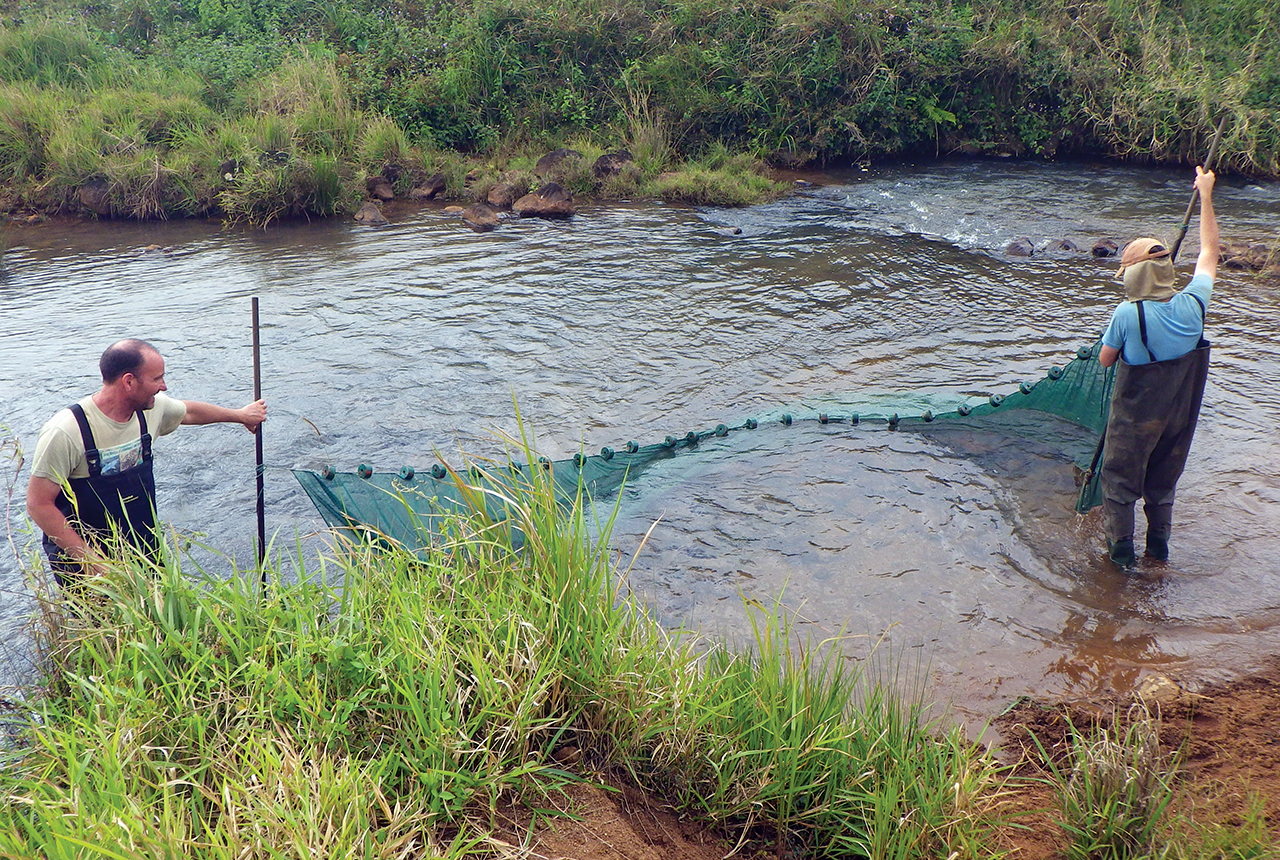
Big trouble for little fish: The 22 freshwater fishes at risk of extinction
Wednesday, 21 October 2020 -
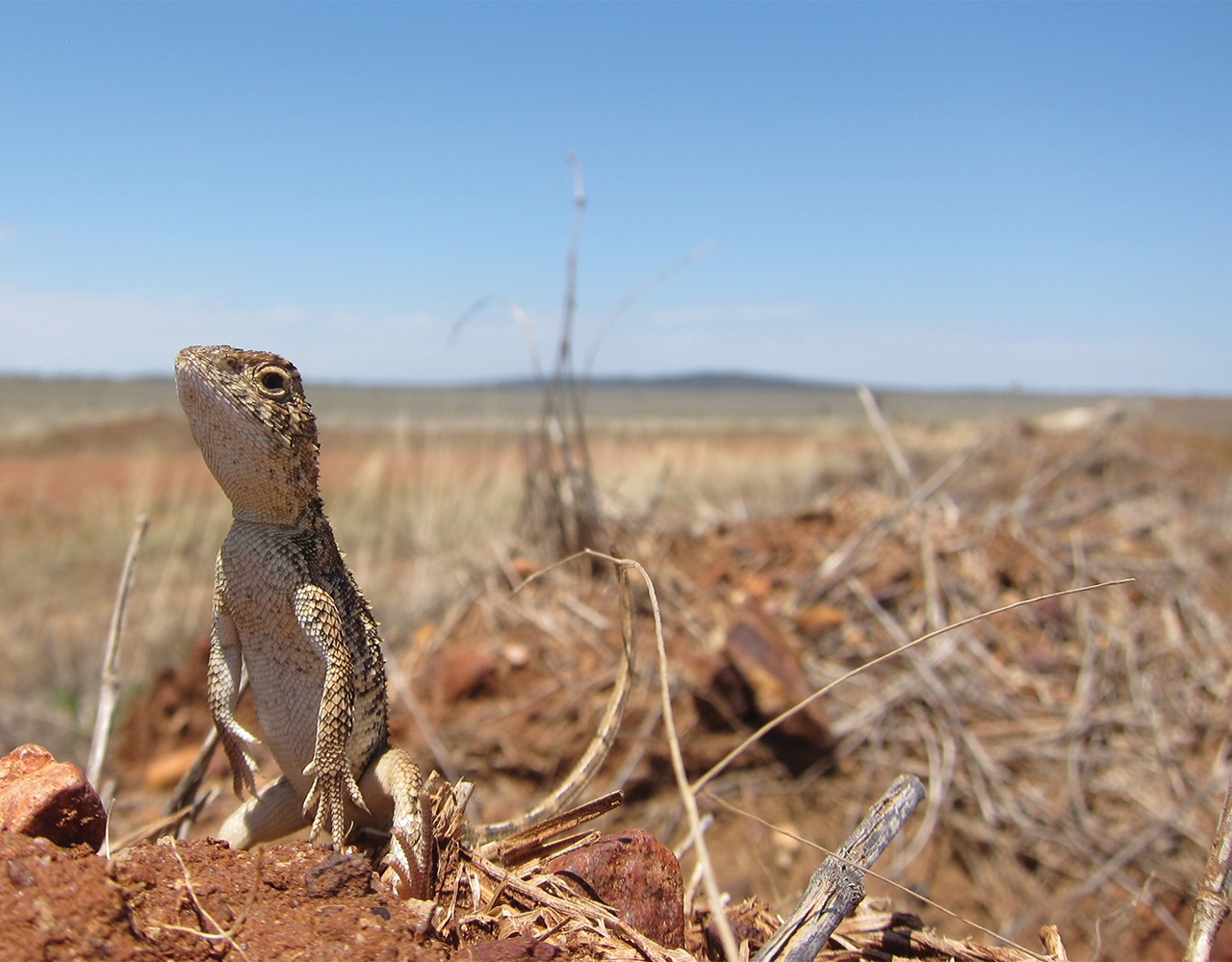
Unique yet neglected: The Australian snakes and lizards on a path to extinction
Tuesday, 10 November 2020 -
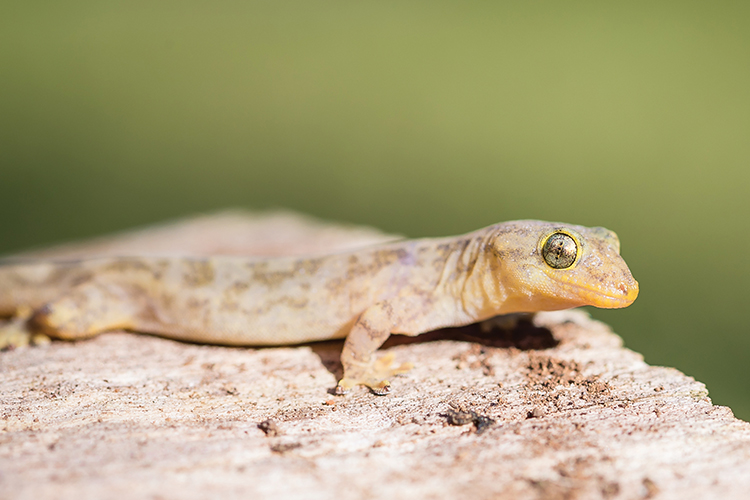
A review of listed extinctions in Australia
Tuesday, 12 November 2019 -
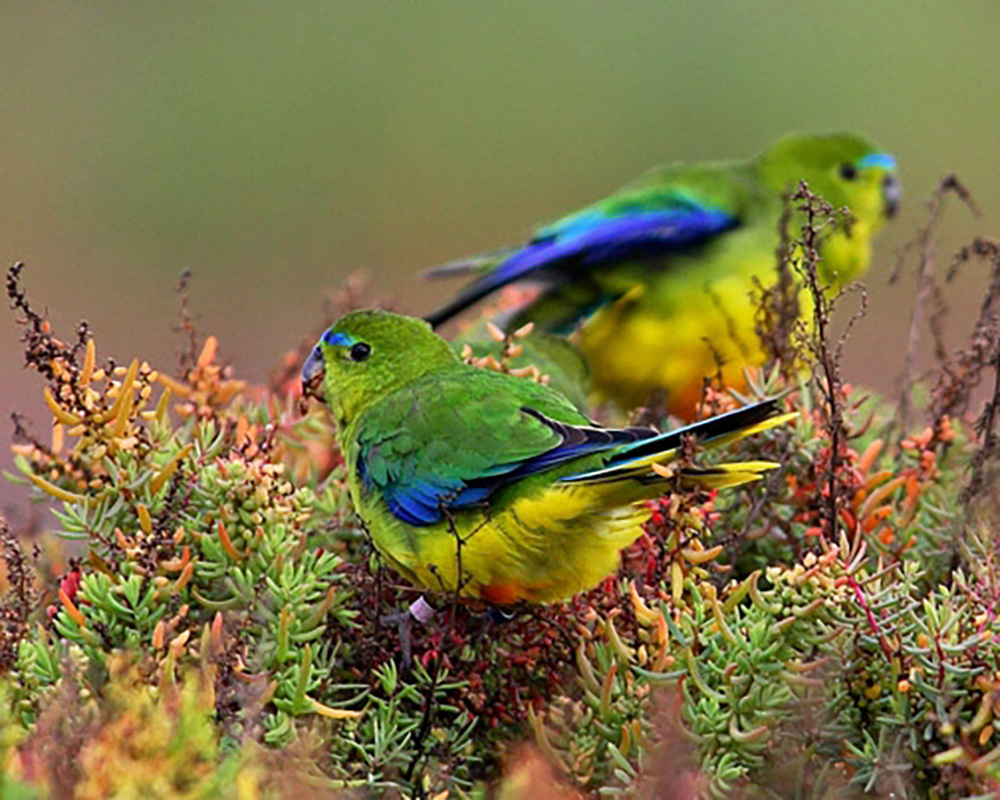
No surprises, no regrets: Identifying Australia's most imperilled animal species
Monday, 24 September 2018 -
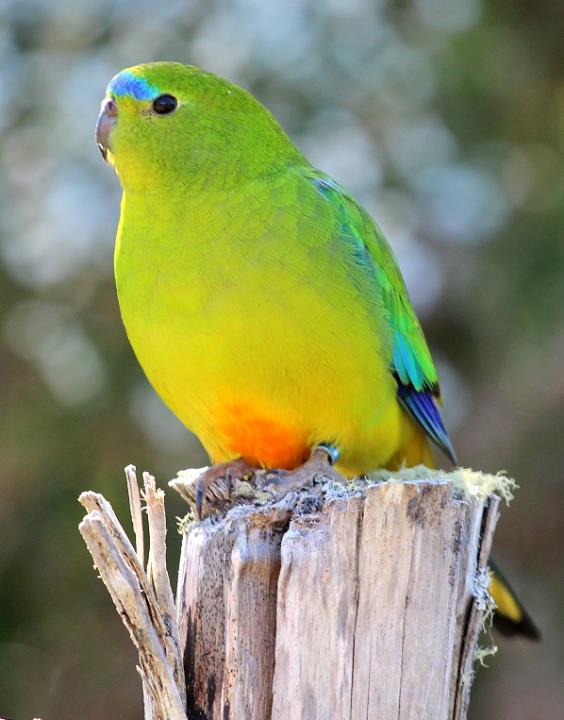
Tasmanian birds top endangered species list
Thursday, 07 July 2016 -
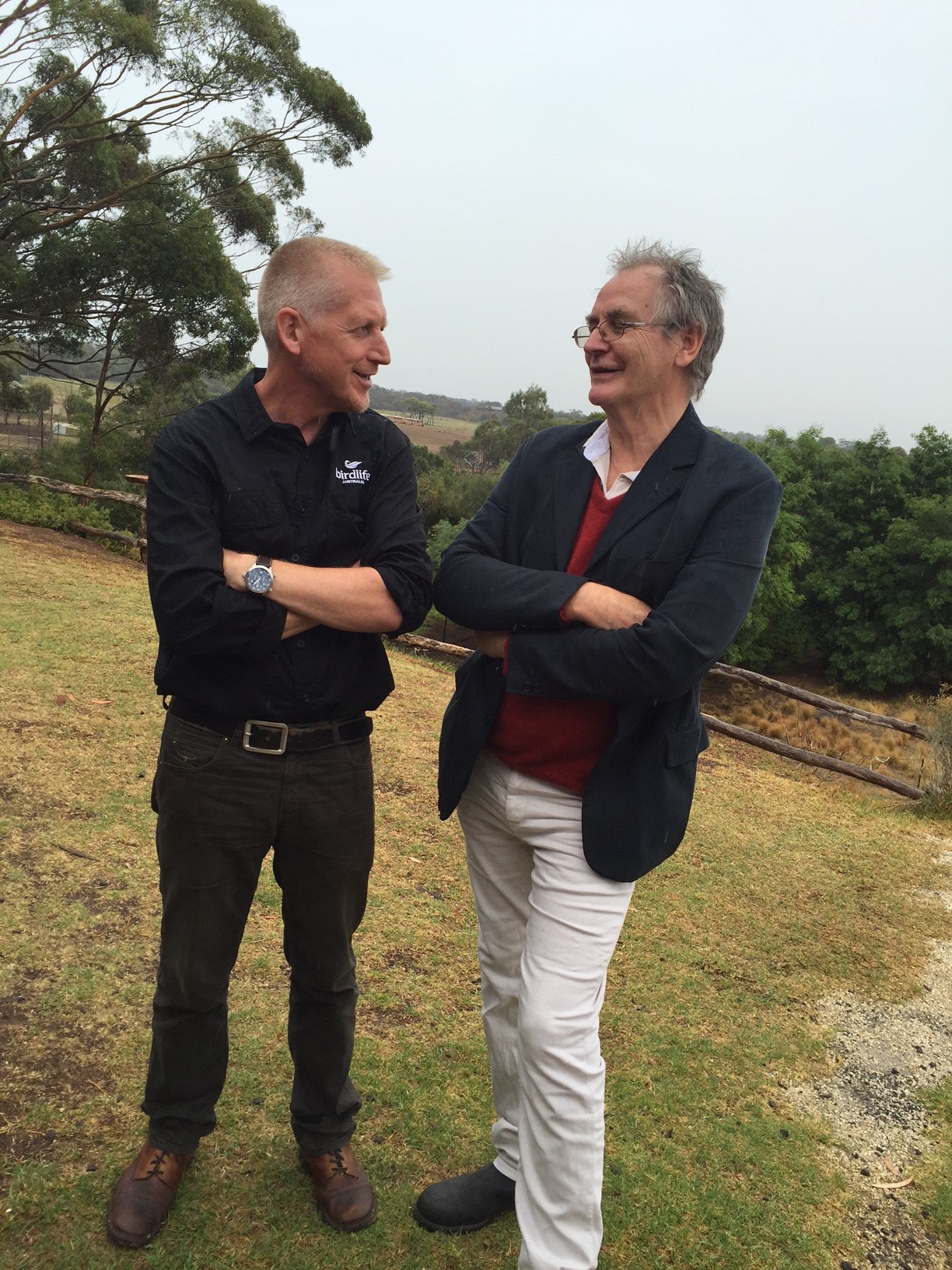
2020 target set for more threatened species
Monday, 28 March 2016 -
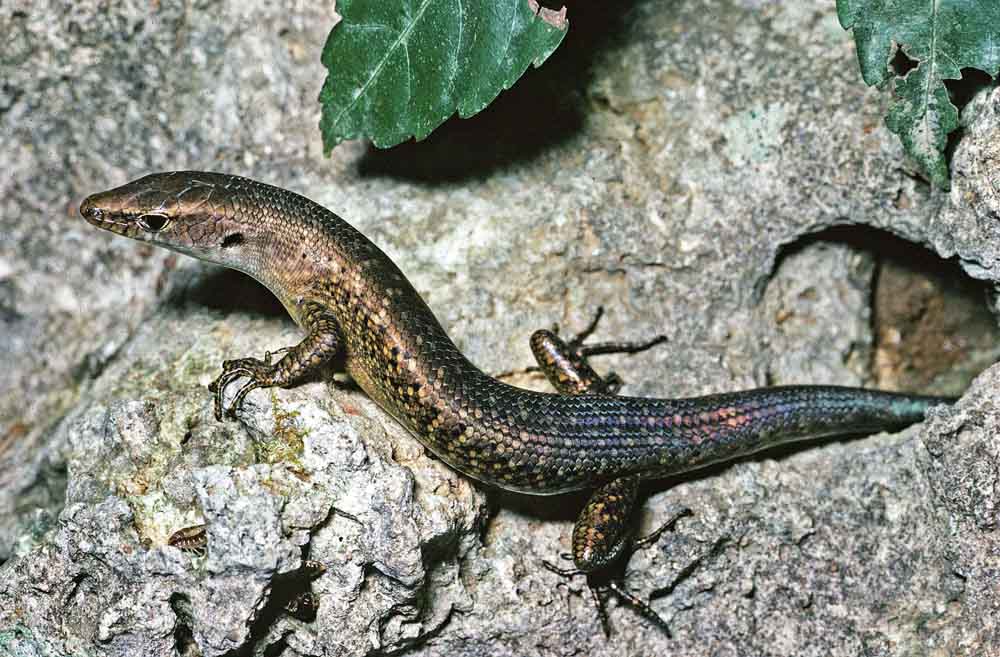
Keeping up with biodiversity loss
Thursday, 26 November 2015 -
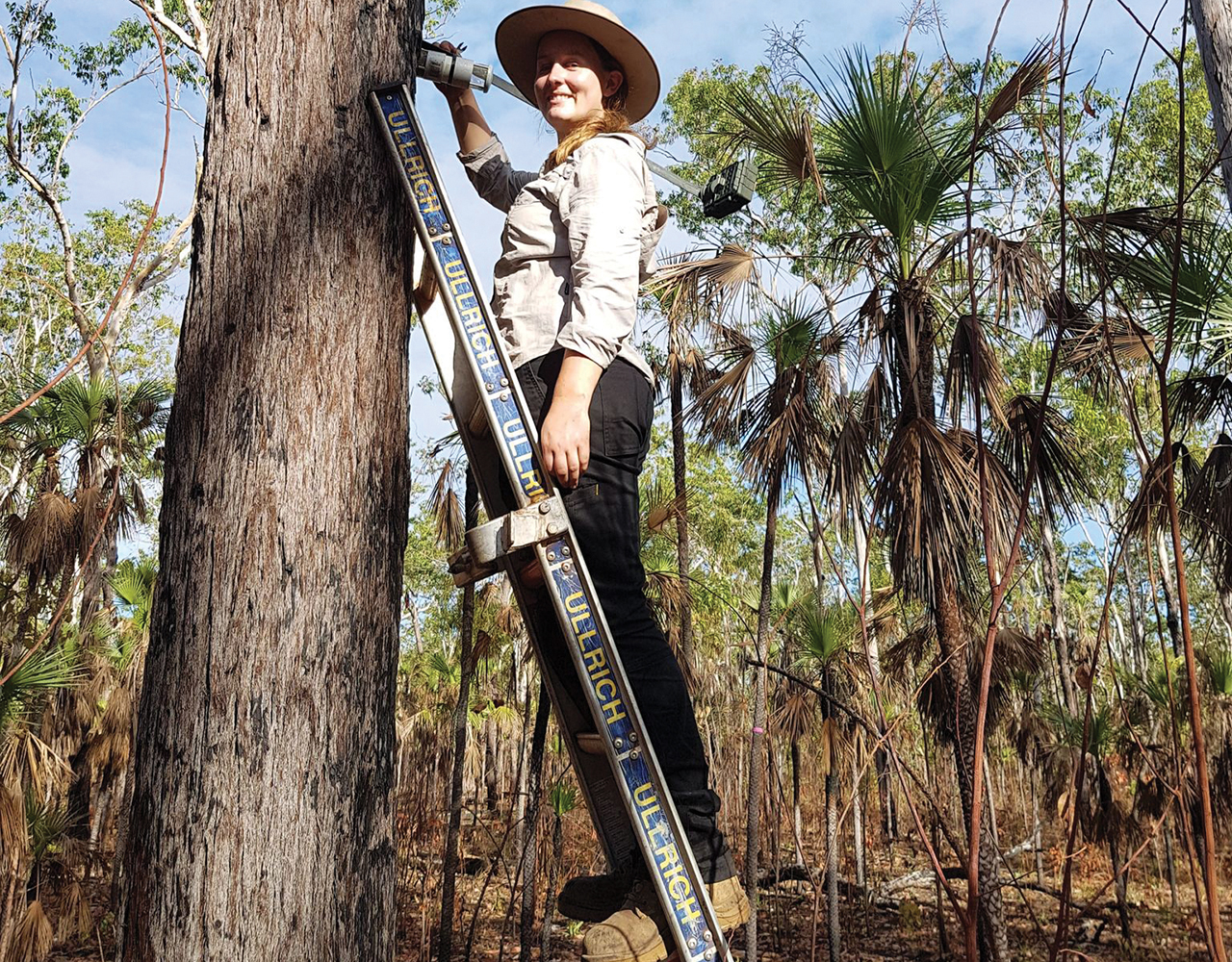
Researcher Profile: Hayley Geyle
Wednesday, 28 October 2020 -
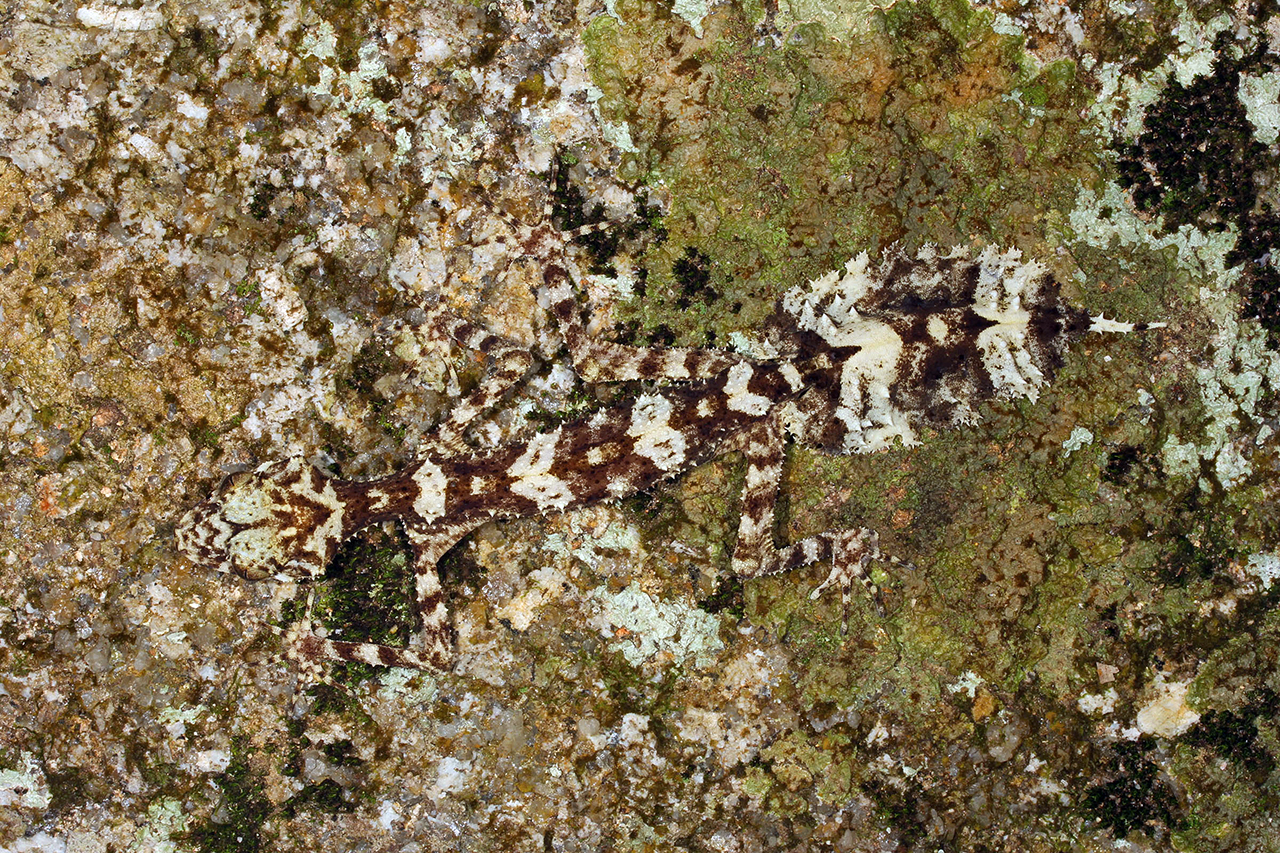
Aussie icons at risk: Scientists name 20 snakes and lizards on path to extinction
Tuesday, 29 September 2020 -
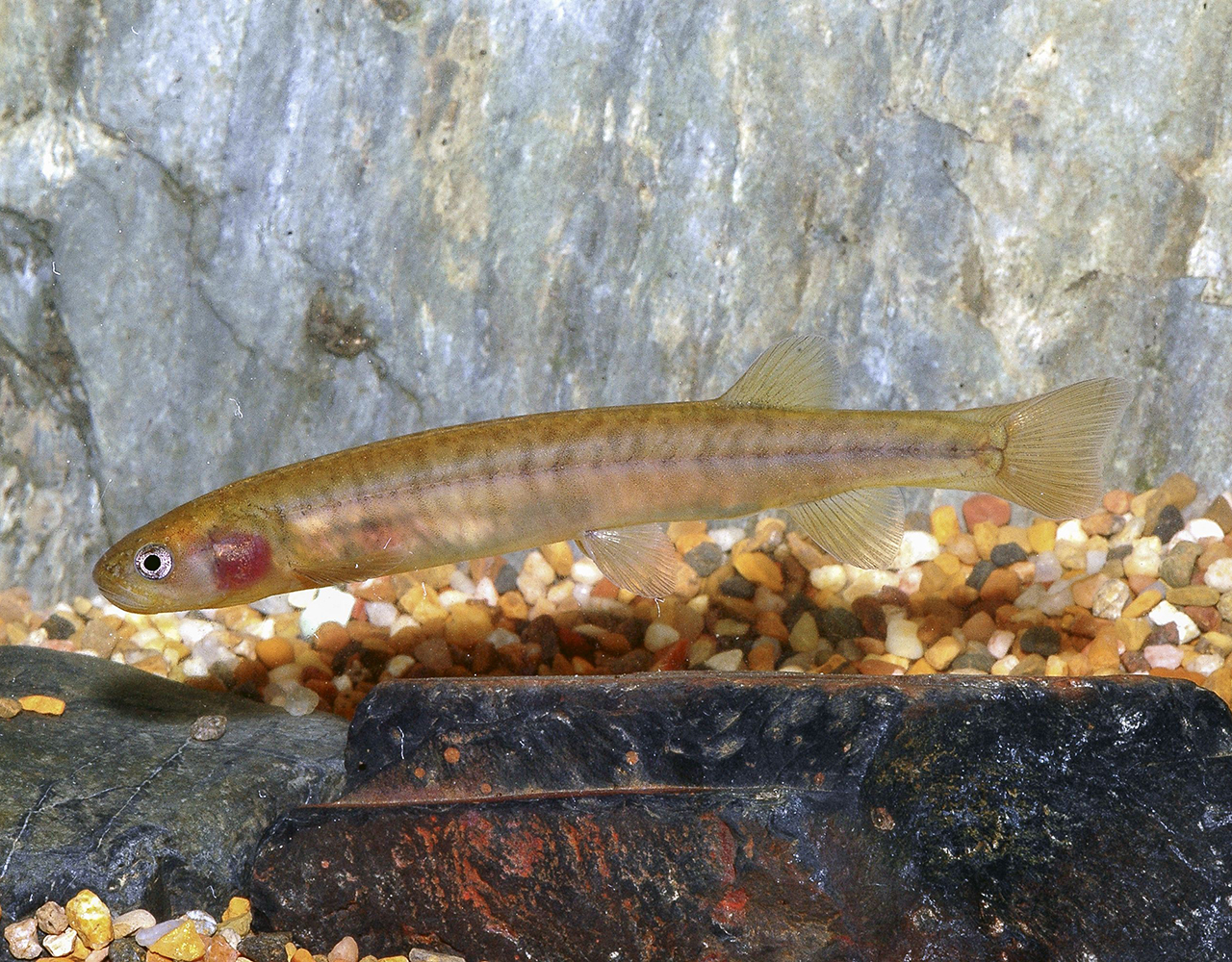
22 Australian freshwater fish at risk of extinction
Tuesday, 29 September 2020 -
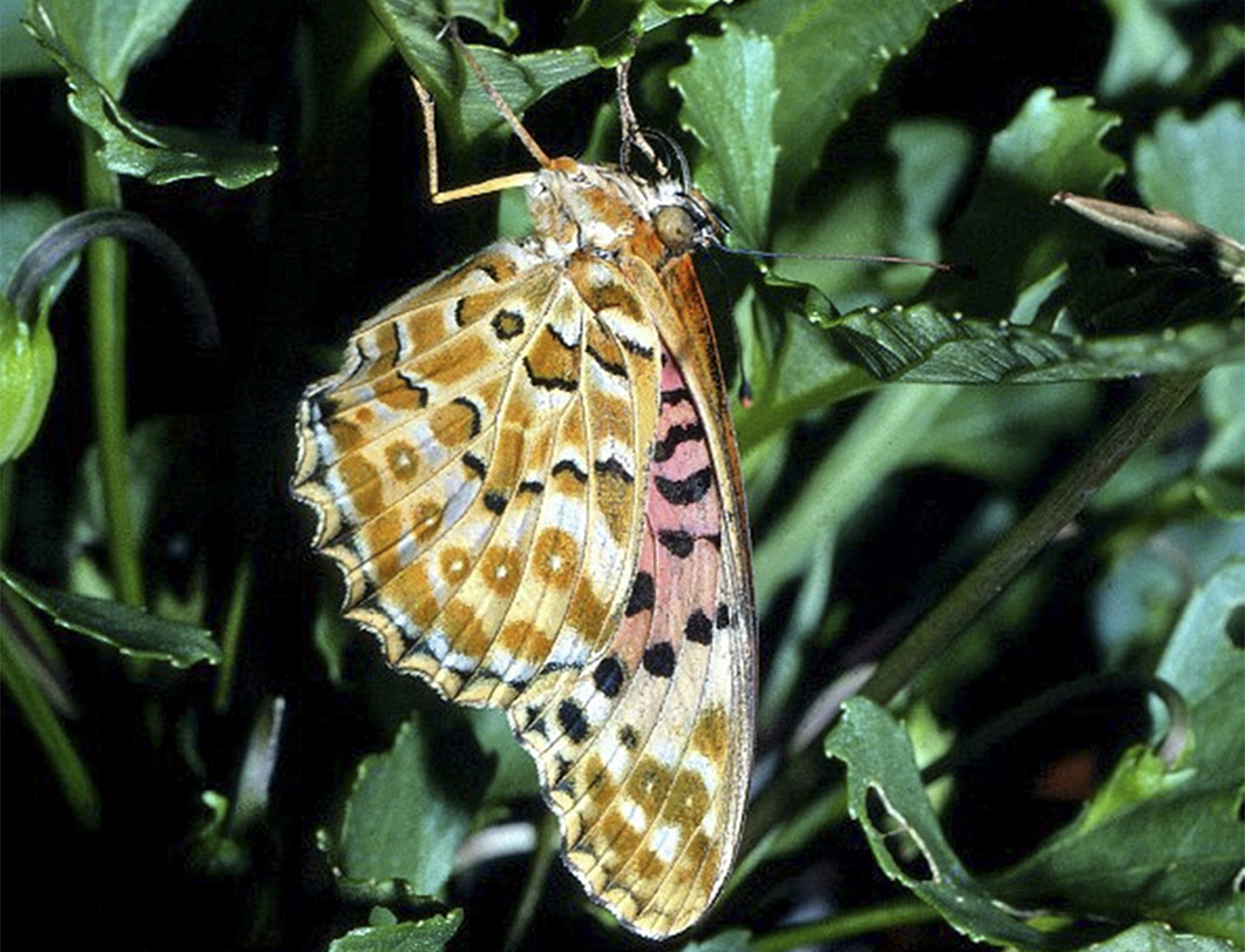
‘Australian Fritillary’ and ‘Pale Imperial Hairstreak’ top list of butterflies at risk of extinction
Tuesday, 27 April 2021 -
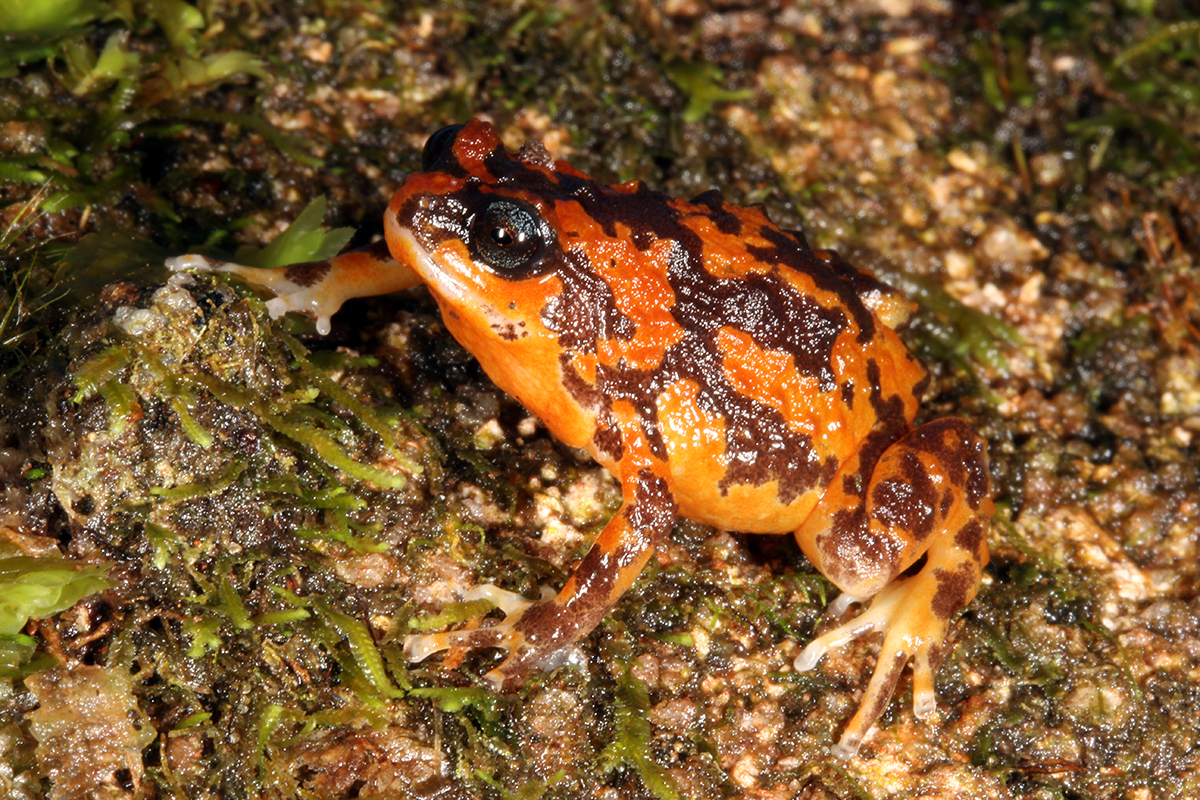
These frogs need our help: Scientists name the Australian frogs at greatest risk of extinction, four likely already lost
Friday, 20 August 2021
